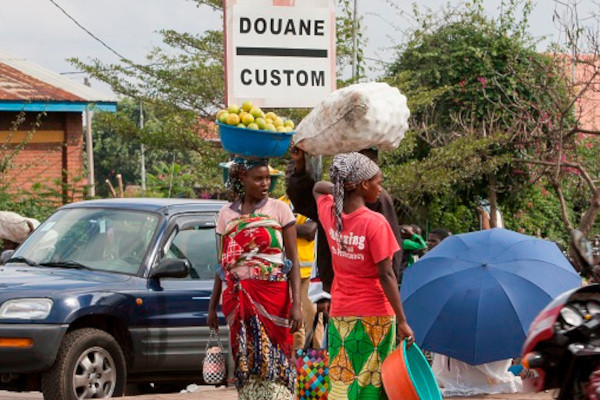Donderdag 30 Maart 2023

ASCL Seminar: Border closures in East and Central Africa: asymmetry, severance, and disruption
Donderdag 30 Maart 2023 16:00 - 17:00
The closure of international borders is among the most contentious political issues of our time. Although this is a matter of global concern, Africa in particular offers a wealth of fresh empirical material on how and why borders are closed. This lecture by Hugh Lamarque (The University of Edinburgh) offers empirical and theoretical contributions, drawing on key examples from East Africa and the Great Lakes Region to illustrate some of the political pressures around closing borders, some of the practical challenges, and to outline an analytical framework focused on the concept of cross-border asymmetry. Despite a rapidly growing literature on borderlands in Africa, a systematic analytical framework for this kind of event has yet to be developed. This is not surprising. Border closure is a more intangible subject than it may appear. In most cases, the closure is partial, both with regard to the sections of the border affected, and also the sections of society prohibited from crossing it. The rival interests involved mean that events are often poorly documented and publicly disputed. The surge of closures and reopenings that resulted from the COVID-19 pandemic has had profound and enduring consequences: closures have disrupted regional trade, collapsed survival economies of local traders, divided families, incentivised smuggling, and uprooted refugees. But many of these events predated the virus, and the paper looks beyond public health concerns to other motivations in history. It will also look to the future, as the continent adapts to its recent experiences. Speaker: Dr Hugh Lamarque (The University of Edinburgh). Click here to register

Studium Generale, Collegereeks, Engelstalig: Decolonising Cinema
Van Maandag 06 Maart 2023 - 19:30
t/m Maandag 03 April 2023 - 21:30
5 weeks on Monday Evening. It's time for a new film course series! This series focuses on the interaction between processes of decolonisation and cinema. Since the revolutionary 1960's, film directors have increasingly seen film as a medium that can play a role in the process of decolonisation, as well as a medium that still has to be decolonised itself. Dreamsof independence and self-determination made cinema more militant and radical, turning it away from Hollywood and its perpetual dreamscape. In short: making films with a rock in one hand, and a camera in the other, as the authors of the radical manifesto "Towards a Third Cinema" (1969) wrote. will draw on an exciting mix of film theory, analysis and history, and of course a wide variety of unforgettable clips from the film history of the country in question. In collaboration with Lumière Cinema. It is, next to registration for the whole series (see link in side box), also possible to register for individual lectures (see links behind lectures).



